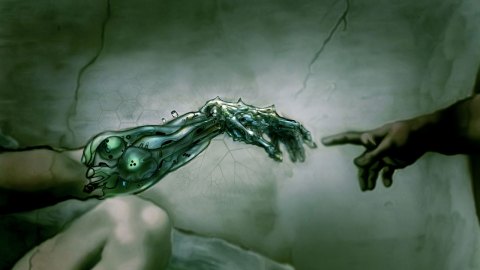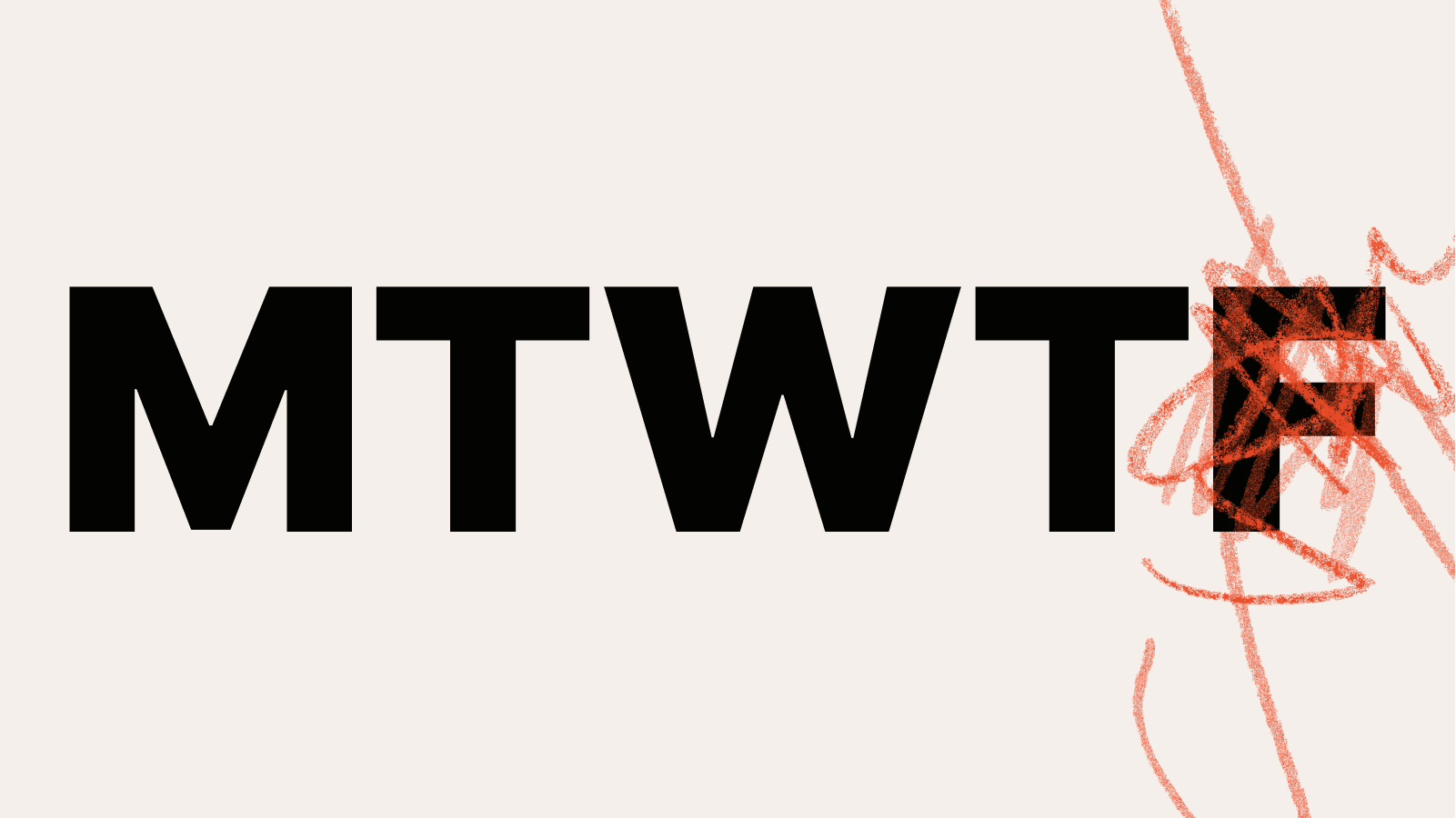Is a Biotech BRAVE NEW WORLD the Next Phase of Totalitarianism?

That’s the conclusion of Flagg Taylor—one of the leading experts on totalitarian communism:
I’ve spent and continue to spend a great deal of time thinking about totalitarianism. In what guise will it appear next? What if we don’t need some dramatic revolutionary change in government, some new political ideology, but only an ever-gradual, barely noticeable change in our sense of ourselves? In other words, don’t worry so much about Orwell’s 1984 but about Huxley’sBrave New World. The great dissidents knew that they were struggling against more than a deeply unjust political order—they struggled against (in the phrase of Chantal Delsol) the “systematic destruction of man’s reality.” As Václav Havel put it, “The natural world, in virtue of its very being, bears within it the presupposition of the absolute which grounds, delimits, animates, and directs it, without which it would be unthinkable, absurd, and superfluous, and which we can only quietly respect. Any attempt to spurn it, master it, or replace it with something else, appears . . . as an expression of hubris for which humans must pay a heavy price.” Aristotle famously argued we are strange in-between beings—higher than beasts but lower than the gods. When we play God, do we not become even lower than the beasts?
Totalitarianism, from Flagg’s view, means that we’re free from natural limitations and moral restraints. So we’re free to impose our personal wills upon reality as we please. He mentions the example of the woman who took advantage of the techno-ability to abort one of her twins. It’s her preference as a consumer to have just one kid, and so she can alter freely the intention of nature to give her two.
From this view, Marxist communism was the effort to free ourselves definitively from natural imitations. At the end of History, scarcity, due to capitalist technology, will have disappeared, and we’ll be free to do whatever we want whenever we want. We’ll be free like gods to live unalienated and unobsessive lives. So religion and the state will wither away, because we will be perfectly satisfied in this world without God and government. And of course we won’t have to work unless we feel like it.
Because communism was based on an unrealistic view of who we are, Communist tyrants (such as Lenin, Stalin, Mao, etc.) attempted to will the end of History into being by extinguishing with all means necessary—including or especially terror—all manifestations of “bourgeois” or alienated human individuality. That futile effort to end real human freedom, as the dissident Havel said, was defeated by real human nature.
Does that mean totalitarianism has been forever defeated? Well, for one thing, natural scarcity wasn’t really conquered by capitalism, at least in way that wouldn’t require more individual productivity in an alienated division-of-labor system. People, it turns out, still have to work. And there’s no “Historical” or merely political or ideological solution to that problem.
As Marx himself would have predicted, people, as long as they’re alienated, would remain obsessed and even often religious.
But biotechnology promises to really change our NATURES to achieve the result Marx has in mind. Will biotechnology lead to new and improved means of social control in the name of human happiness or contentment, such as those we see described in Huxley’s classic BRAVE NEW WORLD? Will we surrender our freedom in the name of happiness? The new tyrants will be much more responsible and humane, thinking about what’s best for us and not just their own lust for power.
We remember that the philosopher Nietzsche said that modern liberalism aimed to produce the “last man,” a being without the risky and potentially self-destructive deep longings characteristic of human beings so far. And we have to ask whether our real goal isn’t to flatten out who we are in the name of security and a shallow form of self-indulgence. So we willingly surrender our personal sovereignty to experts, bureaucrats, and various forms of immersion into virtual reality. Certainly we’ve embraced mood enhancers that allow us to live more easily with who we are, that make us less miserable and more agreeable and productive.
I don’t think that the BRAVE NEW WORLD future is all that likely.
First of all, we can see that our individualism—having produced a world with too many old people and not enough young ones—has undermined productivity to the extent that our entitlement programs seem to be imploding. The “soft despotism” Tocqueville predicted—the omnicompetent nanny state—doesn’t seem to be in our future now.
And if you think about the impulse to biotechnological eugenics at this point, it seems to be driven by people determined to take charge of their own futures, to not be replaced, to live for an indefinitely long time. In this respect, it’s easy to see that particular persons are more discontented than ever with their present merely natural situation, and they’re willing to work hard to escape from it. They do want to be gods, but they think in terms of personal survival more than controlling the lives of others. Their goal may be much less noble—but perhaps it’s also much less dangerous—than the goal of the communist idealists of the past.
The easy criticism of Marxist communism was that people will remain self-conscious and mortal, and so aware of the fundamental human scarcity, scarcity of time. That Marxist error produced existentialism—people more morbid or death-obsessed than ever. And the most perverse and evil thinkers of the 20th century might be thought of as Marxist existentialists.
The biotechnological promise, in its extreme or transhumanist forms, is to free us from the necessity of dying altogether. Only then will we really be free from nature, and beings that free, the thought is, wouldn’t have the obsessions that produce tyrants, including Marxist tyrants.
But still: There’s always tyranny—fueled by hatred of who we really are—in the thought that we can simply be whatever we happen to desire to be.
And it’s worth noting that the communist fantasy of Marx really seems to have been a libertarian fantasy. It’s hard to know why he called it communism, given that it seems to be a world free from personal love and the other impulses that produce real communities.





